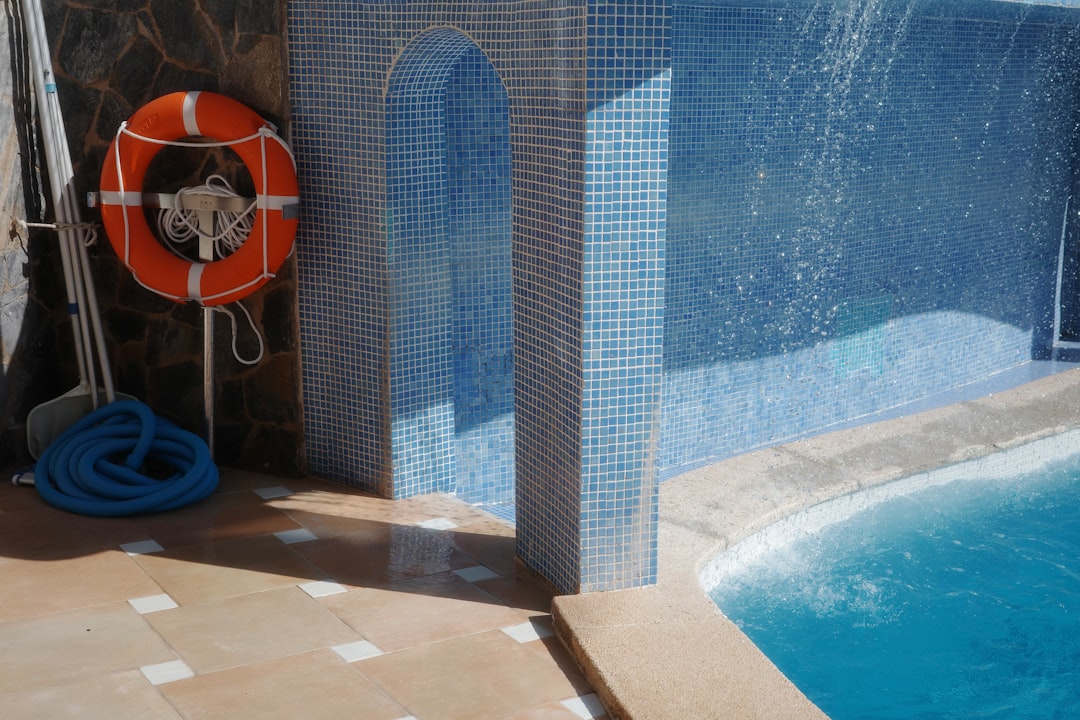CountBricks: Residential Water Softener Installation Costs
Price source: Costs shown are derived from our proprietary U.S. construction cost database (updated continuously from contractor/bid/pricing inputs and normalization rules).
Eva Steinmetzer-Shaw
Head of Marketing
Understanding the Real Cost of Water Softener Installation
Water softener installation costs can vary significantly, with prices ranging from $1,087–$4,681 depending on the system and complexity. This guide provides a detailed breakdown of factors influencing these costs, helping construction professionals make informed decisions.
Key Cost Drivers
Several factors consistently affect installation costs:
- Unit type and capacity: A 32,000-grain system is less expensive than a 64,000-grain dual-tank unit.
- Installation complexity: Homes with slab-on-grade foundations may require additional plumbing work.
- Bypass and drain configuration: Proper backflow prevention and drainage are essential.
- Electrical requirements: New systems often require power for smart features.
- Water quality extras: Additional filters or UV disinfection can increase costs.
Average Price Range in Residential Construction
Based on recent projects:
- Basic single-tank system: $1,087–$2,148
- Mid-range dual-tank system: $1,293–$3,491
- Premium high-capacity system: $1,587–$4,598
These estimates include equipment, permits, labor, and testing.
How CountBricks Generates Accurate Estimates
CountBricks uses AI to provide fast, accurate estimates by analyzing real-time data from local suppliers and labor markets.
Hidden Costs to Consider
- Permit fees: Typically $50–$150, included in estimates.
- Disposal of old equipment: Includes haul-away and recycling.
- Water testing: A $87–$318 lab test verifies water quality improvements.
- First-year salt supply: Often included in contracts.
DIY vs. Professional Installation: A Cost Comparison
While DIY kits may seem cheaper, professional installations offer better value and warranty protection.
- DIY total cost: $1,600–$2,000
- Professional installation: Starts at $1,600–$2,000
Financing and Cost-Saving Strategies
Explore financing options and rebates to reduce costs. CountBricks highlights available incentives in real-time.
Five Pro Tips to Keep Costs Down
- Schedule installation during other renovations.
- Choose a metered system to save on salt and sewer fees.
- Opt for PVC over copper for long runs.
- Bundle maintenance services for discounts.
- Provide accurate blueprints to reduce contingencies.
Why Residential Builders Trust CountBricks
CountBricks offers reliable estimates and efficient project management, saving time and reducing costs for builders.
Case Study: The Hilltop 12 Development
By pre-routing drain lines and locking material prices, CountBricks reduced installation costs by 14% and completed the project ahead of schedule.
Getting Your Personalized Cost Breakdown
Visit CountBricks.com to get a personalized estimate and schedule a consultation.
Beyond the Numbers: Long-Term Value of a CountBricks Installation
Investing in a quality water softener installation can double the lifespan of appliances, saving significant replacement costs over time.
Lifetime Support Program
- Annual resin health checks and valve calibration.
- Priority replacement parts from inventory.
- Automatic firmware updates for smart systems.
Builder Advantages
- Fewer warranty claims due to longer-lasting appliances.
- Homes with soft-water systems sell faster.
- Centralized billing simplifies accounting.
Environmental Impact
High-efficiency systems reduce salt discharge, benefiting the environment and appealing to eco-conscious buyers.
Next Steps
Contact a specialist at CountBricks.com to explore options and receive a detailed cost analysis.

